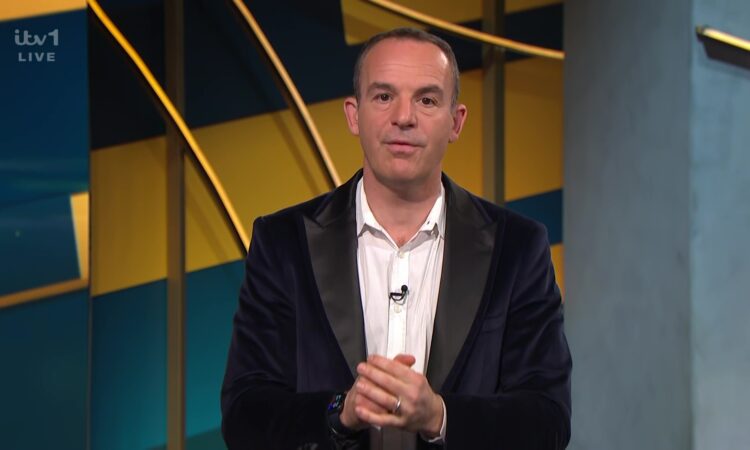Spring Budget 2023 latest – Martin Lewis weighs in on changes to pensions, childcare and energy bills

Changes to work requirements
Over 100,000 Universal Credit claimants will have to step up their search for work, Jeremy Hunt confirmed today.
The Chancellor announced plans to raise the minimum amount they must work before having to engage with government jobs coaches.
He is raising this “administrative earnings threshold” from 15 to 18 hours per week.
It means anyone currently working fewer than 18 hours will have fresh requirements to meet with DWP officials to find more work.
And if they do not they risk having their benefits cut.
Extra support for those with educational needs
The government has announced support for young people with special educational needs and disabilities.
It will launch a £3million pilot expansion of the Department for Education’s supported internship programme to help them transition from education into the workplace.
This is there to help young people who do not have an education health and care plan.
What is inflation?
Inflation is a measure of how much goods and services are worth in a given period.
This means how much the price of goods, such as food or televisions, and services, such as haircuts or train tickets, has changed over time.
It is known as a “backward looking measure”, which means it indicates what has happened over the past year.
That obviously means it does not predict the future.
The rate of inflation is published each month by the Office for National Statistics (ONS).
It’s a non-ministerial department which reports directly to Parliament.
How much will alcohol cost from August?
Jeremy Hunt has increased alcohol duty rates in line with inflation (10.1%), hitting punters in the pocket.
The exact level of duty applied to each drink won’t be confirmed until later on.
But changes to the number of alcohol duty groups and an additional inflationary-fuelled rise could see the tax on some alcohol shoot up as much as 44% according to The Wine and Spirit Trade Association (WSTA).
A bottle of wine could go up by 44p, while duty on Port could rise by £1.29 a bottle.
But other alcoholic beverages could actually see their duty rates cut.
For example, duty on a bottle of sparkling wine could be slashed by 19p.
The duty on a bottle of cream liqueur like Bailey’s could also fall by 3p and 5p could be shaved off pre-mixed cans of G&T.






